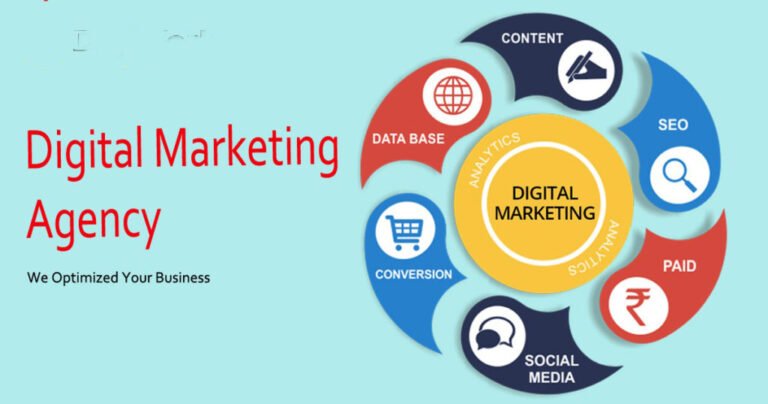United Kingdom Car Loan Market: Choosing the Right Ride with the Right Financing
The United Kingdom car loan market size reached approximately USD 62.48 billion in 2023. The market is projected to grow at a CAGR of 6.4% between 2024 and 2032, reaching a value of around USD 109.20 billion by 2032. This significant growth reflects the importance Britons place on car ownership, but navigating the different car loan options can be daunting. Understanding the various loan types empowers you to make informed decisions and secure the financing that best suits your needs.
This blog post dives deep into the world of UK car loans, exploring the most common options and their key features. We’ll compare and contrast loan types, helping you choose the right financial path for your dream car.
Unpacking Your Options: A Look at Different UK Car Loans
The UK car loan market offers a variety of financing solutions, each with its unique set of advantages and drawbacks. Let’s delve into the most common types:
II. Hire Purchase (HP):
- Function: With HP, you borrow money to buy a car and own it outright once all the payments are complete. You typically pay a deposit upfront followed by fixed monthly installments that include interest. Ownership of the vehicle transfers to you only after the final payment.
- Pros: HP offers ownership at the end of the loan term. You can modify the car within reasonable limits and potentially sell it before completing the payments (though you might need to settle any outstanding balance with the lender).
- Cons: HP comes with higher monthly payments compared to some other options like PCP. You won’t own the car until the loan is fully repaid.
III. Personal Contract Purchase (PCP):
- Function: PCP has gained immense popularity in the UK due to its lower initial monthly payments. This financing option allows you to spread the cost of the car over a fixed term, with a final “balloon payment” due at the end. You have three options at the end of the PCP agreement: make the balloon payment and own the car, return the car to the lender, or refinance the balloon payment into a new loan (subject to lender approval).
- Pros: PCP offers lower monthly payments compared to HP, making it easier to manage your budget. You get to drive a relatively new car for the loan term.
- Cons: You don’t own the car until you make the final balloon payment. Mileage restrictions might be imposed on the car during the loan term, and exceeding them could incur additional charges. The final balloon payment can be a significant sum of money.
IV. Personal Loans:
- Function: While not specifically a car loan, personal loans can be used to finance car purchases. You borrow a lump sum of money and repay it with interest over a fixed term. This option offers flexibility, as the loan can be used for other purposes as well.
- Pros: Personal loans can offer competitive interest rates compared to traditional car loans. They provide greater flexibility in how you spend the money.
- Cons: Personal loans typically have shorter repayment terms compared to dedicated car loans, resulting in higher monthly payments. The car won’t be used as collateral, so interest rates might be higher than secured loans like HP and PCP.
V. Lease Purchase:
- Function: Lease purchase agreements resemble long-term rentals with an option to buy the car at the end of the lease term. During the lease period, you make fixed monthly payments and don’t own the car. However, unlike traditional leasing, you have the option to purchase the car at a predetermined price at the end of the lease.
- Pros: Lease purchase allows you to drive a new car every few years with lower monthly payments compared to HP.
- Cons: You don’t own the car during the lease term, and any modifications are typically restricted. The final purchase price might be higher than the car’s actual market value at the end of the lease.
VI. Guarantor Loans:
- Function: Guarantor loans can be helpful for borrowers with a limited credit history or lower credit scores. With this type of loan, a friend or family member acts as a guarantor, agreeing to make the loan repayments if you default.
- Pros: Guarantor loans can provide access to car financing even with a limited credit history.
- Cons: Guarantor loans can strain relationships if you struggle to make repayments. The guarantor becomes liable for the outstanding balance if you default.
Click here to check our other reports: https://www.expertmarketresearch.com.au/
Case Studies: Putting Theory into Practice
Let’s see how these car loan options work in real-life scenarios:
-
Scenario 1: Sarah, the Savvy Saver: Sarah is a young professional with excellent credit. She prioritizes owning a reliable car but wants to keep her monthly payments manageable. She chooses a Hire Purchase (HP) option for a used car. The fixed monthly payments fit her budget, and she’ll own the car outright after the loan term.
-
Scenario 2: David, the Tech Enthusiast: David wants to drive the latest car models every few years. He opts for a Personal Contract Purchase (PCP) on a new car. The lower monthly payments allow him to afford a more expensive car, and he has the flexibility to return it or potentially purchase it at the end of the lease.







